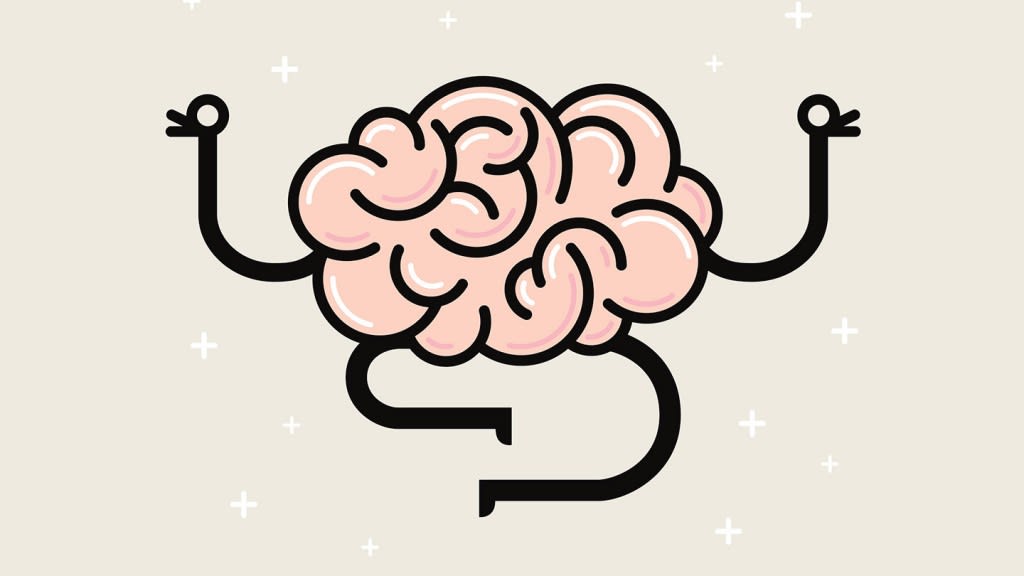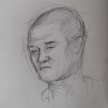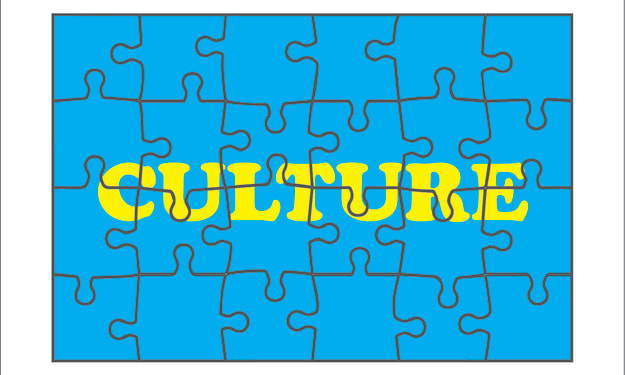Mind Your Mind
Where Everything Physical Begins

Have you ever been writing with a pen, and suddenly made an indelible mistake? Or suddenly dropped something you were holding in your hand, never to be retrieved again due to getting lost in the grass, or broken into dozens of pieces?
These events have all happened to me, and they all had one thing in common: I was momentarily in a different place mentally than I was physically. I was not… being mindful.
I have recently read articles on how being mindful can help children and adults on the autism spectrum. Now I, someone on the autism spectrum, will explain the benefits of being mindful to you, a largely neurotypical audience.
Mindfulness is described as the practice of mentally focusing on the present moment, as opposed to the past, or anxiously anticipating the future. Mindfulness is practiced through psychotherapy, or meditation, with the goal of reducing, if not eliminating, feelings of anxiety from past negative experiences, and a pessimistic outlook, as a result of those past experiences being projected, or “teleported,” if you will, into the future. Reduction of these feelings of anxiety promotes clearer thinking.
Under certain conditions, those of us on the autism spectrum are prone to feelings of anxiety, due to being overwhelmed by overstimulation of any of the five senses. We can all experience some anxiety over life events, even if not to the same extent or the same frequency.
But anxiety, as defined by a former instructor, is simply the anticipation of events which have not yet occurred. Therefore, anxiety, by this definition, is mentally dwelling in the future with a defeatist mindset. This can lead to depression and stress.
On weekends, I attend a class called “Virgin Yoga,” for those who have never done yoga before, or for those who are not very flexible, like myself. Class every week is a fresh start, like being a “virgin” again. During class, our instructor almost never makes reference to any poses previously done, or poses we will do, and often suggests we "check in with our bodies, and see how we feel" at that moment. Using slow, deep breaths to power our physical movements, we develop more mental awareness of the step-by-step process of flow from pose to pose.
This mental awareness also brings our feelings of anxiety to light. We are better able to acknowledge those feelings, and analyze from where they come. Through this analysis, we can better devise a plan of action to assuage these feelings.
But you do not have to be anxious to benefit from mindfulness.
Just like in yoga, where you aim to be persistently aware of your body movement, being aware of the motion of your hand with a pen in it can help you to avoid making mistakes, as it did for me when I was writing hundreds of greeting cards by hand for a gourmet food delivery service. I became acutely aware of writer’s cramp, but mindfulness helped make me aware of each letter as I was writing it.
Being aware of what is in your hand can help prevent your dropping that object. "Checking in" with the placement and movement of each finger, as one would "check in" with the whole body in my yoga class, makes sure each finger is placed firmly on the held object, preventing an accidental drop. I have found this approach works very well when holding multiple objects in a delicate balancing act.
Being aware of your motion on the sidewalk, rather than the cyberspace of a social media app, prevents walking directly into objects, or other people.
As we do our best to take care of our bodies, don’t forget to… mind your mind.
About the Creator
Sebastian Peter, Jr.
Living, learning, writing






Comments
There are no comments for this story
Be the first to respond and start the conversation.